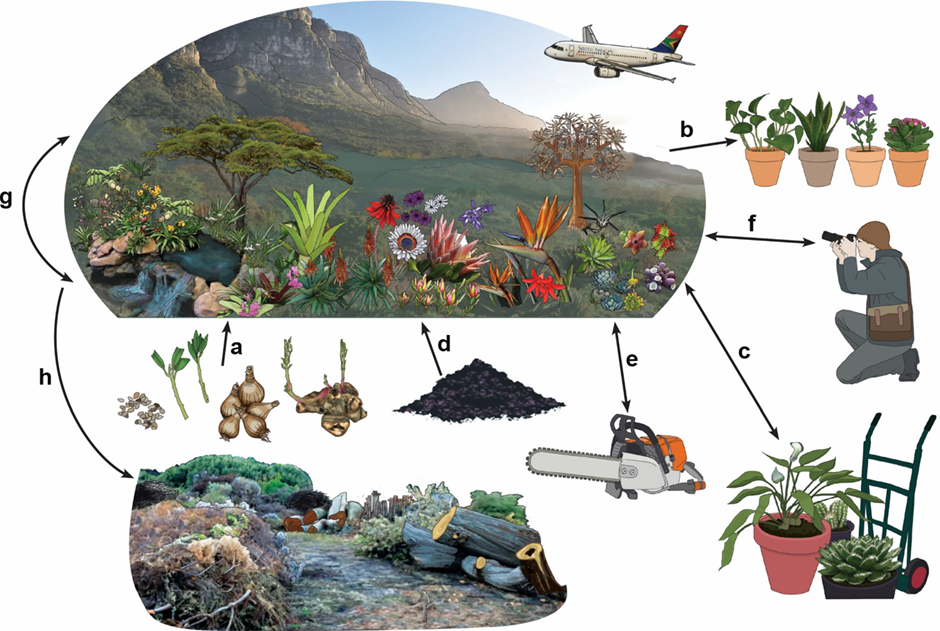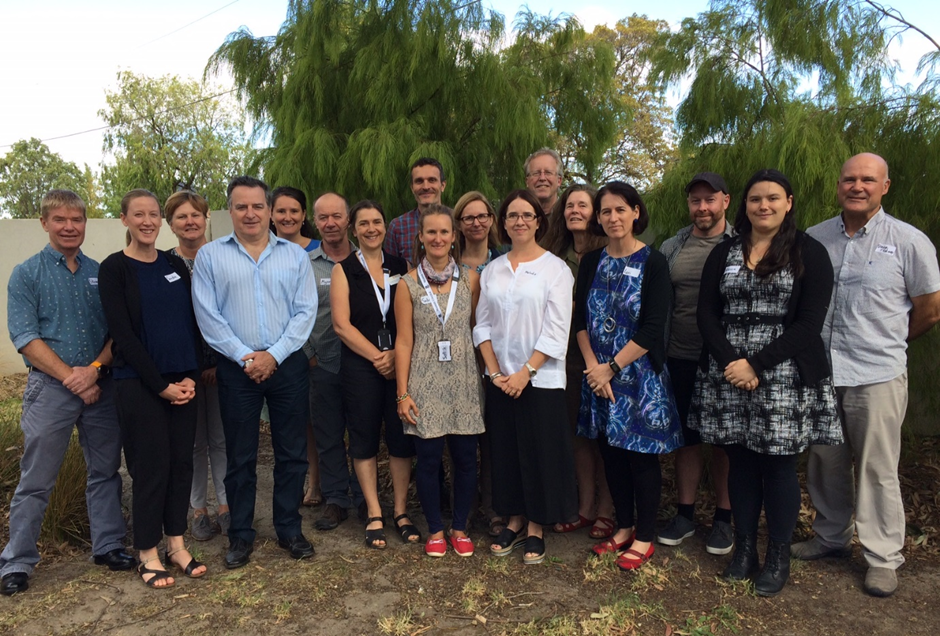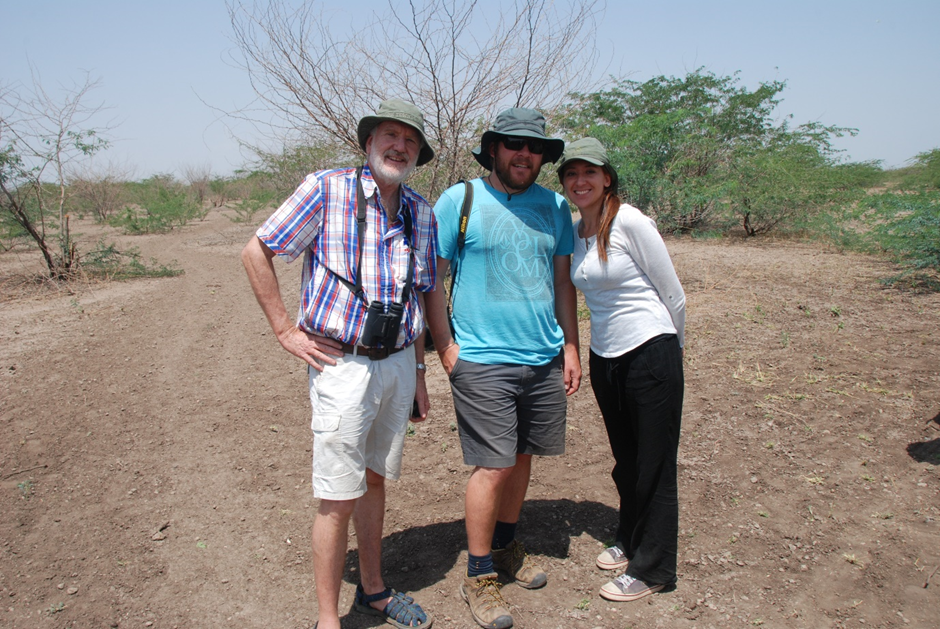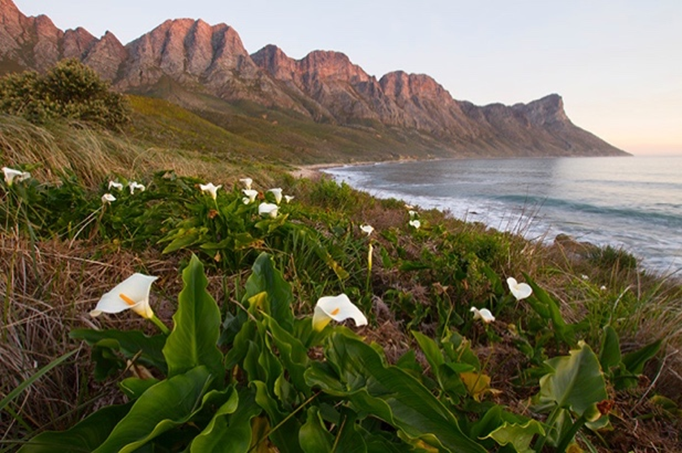Botanical gardens and biosecurity
A recent paper, led by Dr Mesfin Gossa and published in Biodiversity and Conservation, reviews the value as well as the hazards associated with botanical gardens for biosecurity at a global scale.

A recent paper, led by Dr Mesfin Gossa and published in Biodiversity and Conservation, reviews the value as well as the hazards associated with botanical gardens for biosecurity at a global scale.

Impact classification schemes for alien taxa are becoming more prominent as the threats posed by biological invasions increase. A recent study found that despite a high variety of uncertainties occurring in impact assessments, some of which cannot be eliminated easily, communicating their existence, cause and variety can lead to more useful and reliable outcomes of impact assessments.

Trees in the genus Prosopis (known as mesquite) have been widely planted outside of their native ranges in many countries, and many species are now among the world’s worst woody invasives. The genus contains 44 species from the Americas, South West Asia and North Africa, and several have become major problems in South and East Africa.
In November 2019, the Centre for Invasion Biology (C·I·B) hosted an international workshop on “Frameworks used in Invasion Science”. Deliberations at the workshop and afterwards led to a bumper special issue of the journal NeoBiota which comprises 24 papers.

World Heritage Sites contain cultural and natural heritage of outstanding value to humanity. The United Nations Educational, Scientific and Cultural Organization (UNESCO) has inscribed 1,121 sites worldwide, of which nine are in South Africa—including four natural sites: the Cape Floral Region Protected Areas; the Greater St. Lucia Wetland Park; Vredefort Dome; and Barberton Makhonjwa Mountain Land.